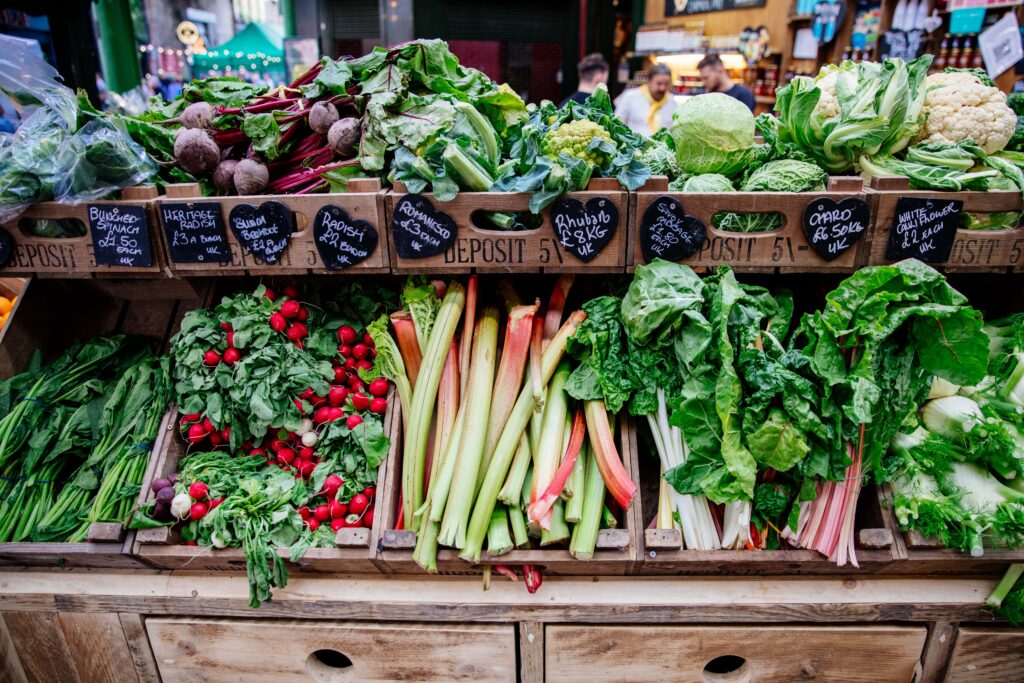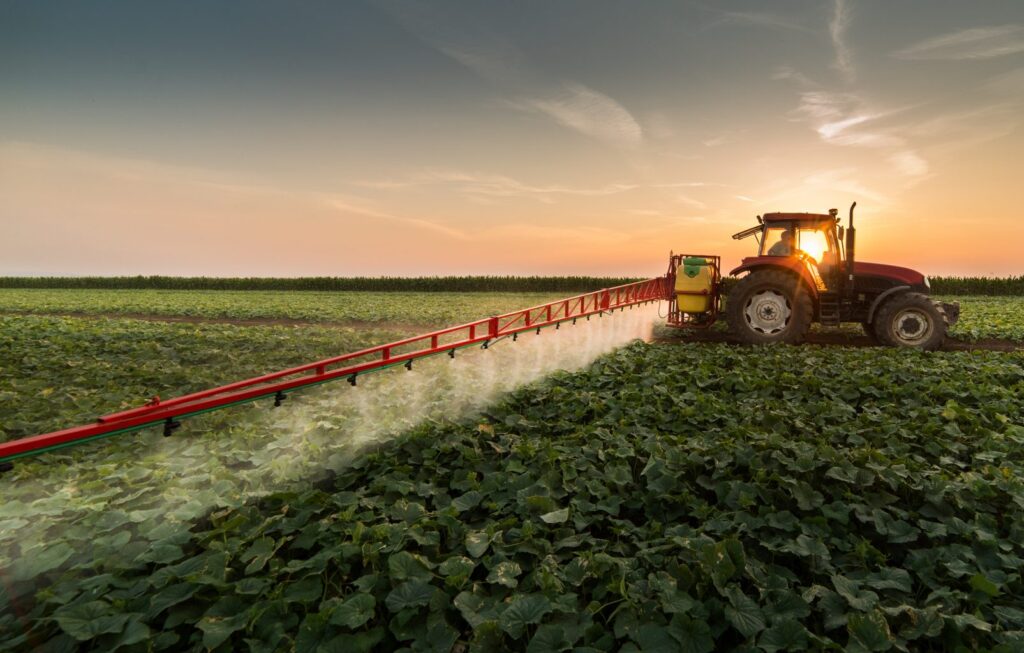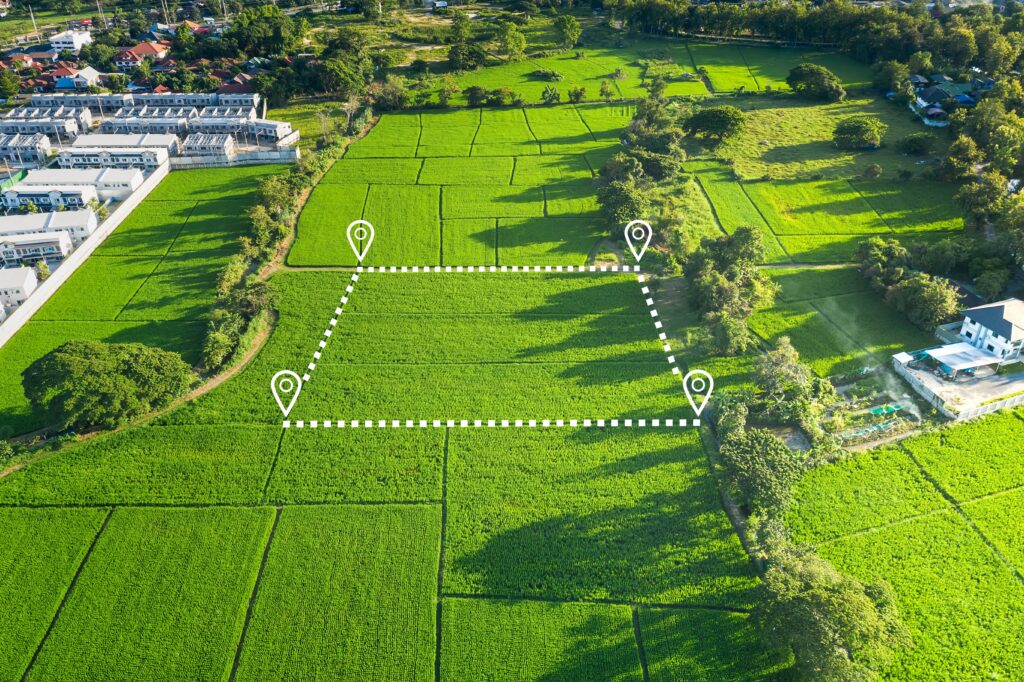Although not a new concept, diversification of your farming business is one way to help increase income to your farming business. Whether that be by opening a farm shop, café, restaurant or pub or hosting wedding receptions on your farm, fitness classes or erecting glamping pods – there is something that you can make a success of which could be welcomed by your neighbours, those in the surrounding areas and, in the case of weddings and glamping, people from further afield.
Seize the moment
One key aspect of diversifying a farm business is having a positive can-do attitude mixed with careful consideration of the project and not being afraid to say yes to an opportunity, as you never know where that opportunity may lead to, often in an unexpected way.
Individuals are becoming more concerned about animal welfare, and where their food comes from, and want to buy and eat better quality meats and produce. This is something that could be capitalised on and something that be sold from a farm shop, or used in meals at a café, restaurant or pub on your land.
Increased revenue
In addition to landowners undertaking diversification projects, a number of tenanted farmers have already diversified, and continue to diversify, their own business models to increase income into their business.
However, it is important to ensure that if you are a tenant farmer that you have the permission of the landlord in writing to any new diversification project and you have considered what will happen at the end of the tenancy agreement in respect of what condition you will return the property back to the landlord. You also need to consider whether the project will continue to be run by the landlord following termination of your lease (and you are compensated for this) or the project ceases.
Collaboration is key
Collaboration between a landlord and tenant is key for any diversification project where there is a relationship of landlord and tenant. Collaboration is also something that could be considered with other neighbouring landowners to offer a wider diversification project to maximise the potential profits, whilst also sharing the risks.
Be aware of the risks, as well as the rewards
As with any new venture, all of the above diversification options come with risks and challenges, and it is important that you take professional advice from your accountant, agent and solicitor, who can assist you with any potential access issues, prepare contracts for any diversification project and review any tenancy agreements already in place.
In addition, it would be sensible to take advice to determine whether planning permission needs to be sought.
Challenges with diversification projects may include the long hours and capital required to start up the project, and the need to consider which project you want to undertake (as it may be better to have a smaller number of projects that are done well than too many and not being able to give them your all).
We’re here to help
Our dedicated agricultural team are happy to guide and support you with any diversification projects that you have in mind, whether at the outset of the project with planning permission, or to assist you with any issues that arise as the project gathers pace,







